1. Understanding Vitamin K
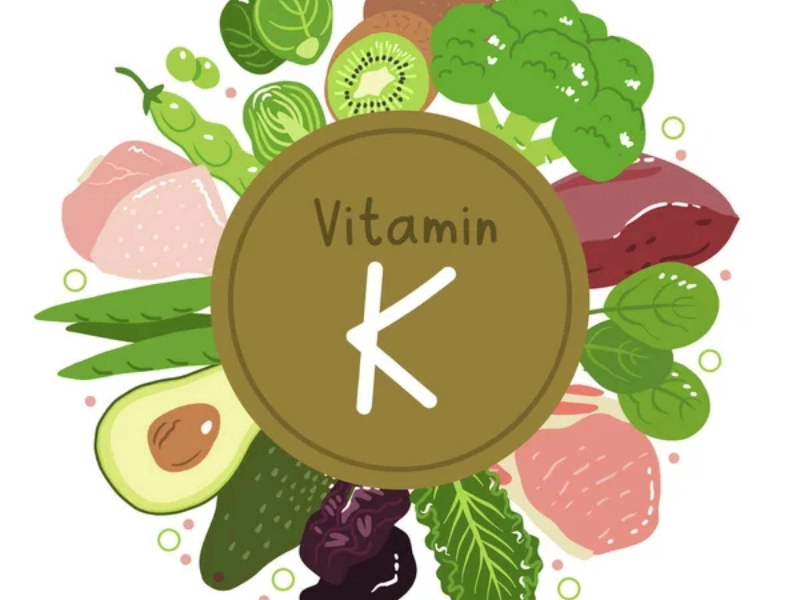
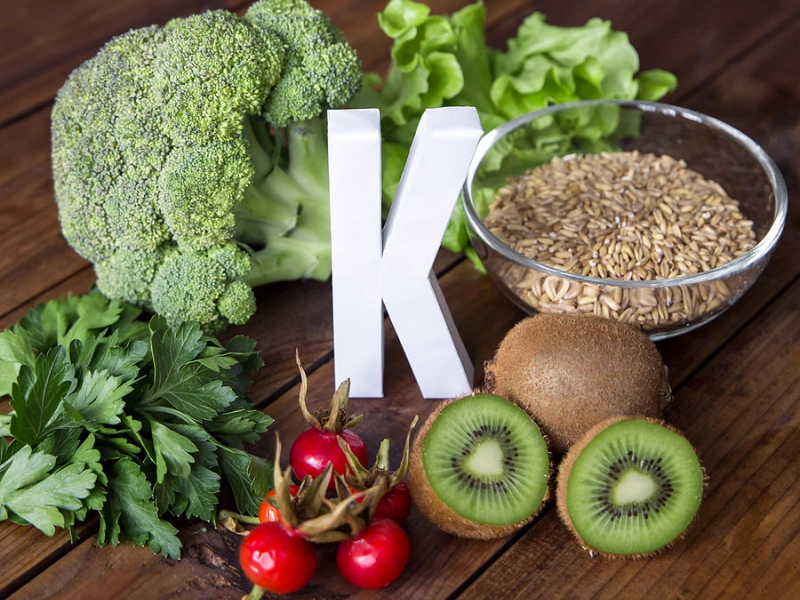 Children's main advantage from vitamin K is its part in bone health. Osteocalcin, a protein that helps bind calcium to the bone matrix and hence strengthens bones, is synthesised from vitamin K and Achieving best bone density and lowering the risk of fractures later in life depend on enough vitamin K intake during childhood. Ensuring youngsters get enough vitamin K helps their skeletal system and supports long-term health as they grow and change.
3. Encouraging Effective Blood Clotting
Children's main advantage from vitamin K is its part in bone health. Osteocalcin, a protein that helps bind calcium to the bone matrix and hence strengthens bones, is synthesised from vitamin K and Achieving best bone density and lowering the risk of fractures later in life depend on enough vitamin K intake during childhood. Ensuring youngsters get enough vitamin K helps their skeletal system and supports long-term health as they grow and change.
3. Encouraging Effective Blood Clotting
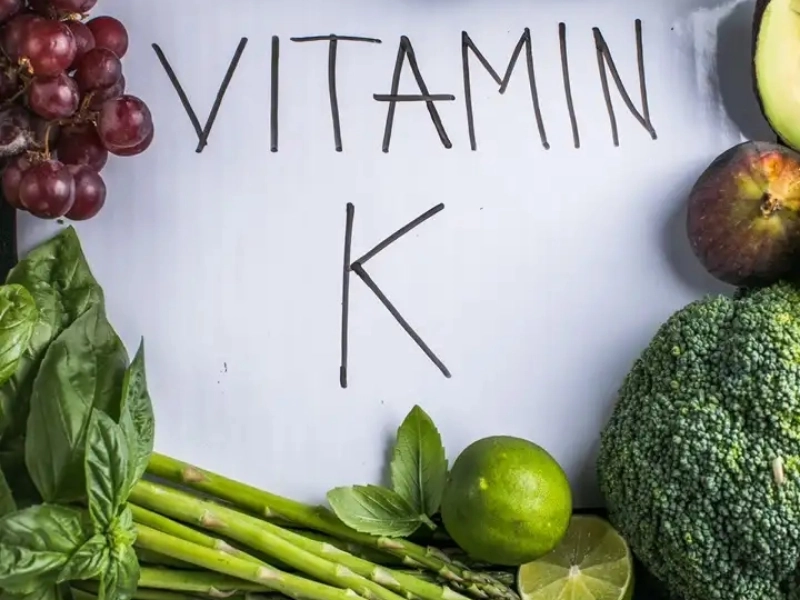 One of the most well-known functions of vitamin K is probably in encouraging normal blood clotting. Children especially need this as they are more likely to sustain little injuries and mishaps. Vitamin K aids in the synthesis of numerous proteins required for blood coagulation, therefore stopping too much bleeding following accidents. Enough vitamin K will guarantee that youngsters have a good clotting mechanism, thereby enhancing safety and health when they participate in active activities.
4. Heart Health: Vitamin K
One of the most well-known functions of vitamin K is probably in encouraging normal blood clotting. Children especially need this as they are more likely to sustain little injuries and mishaps. Vitamin K aids in the synthesis of numerous proteins required for blood coagulation, therefore stopping too much bleeding following accidents. Enough vitamin K will guarantee that youngsters have a good clotting mechanism, thereby enhancing safety and health when they participate in active activities.
4. Heart Health: Vitamin K
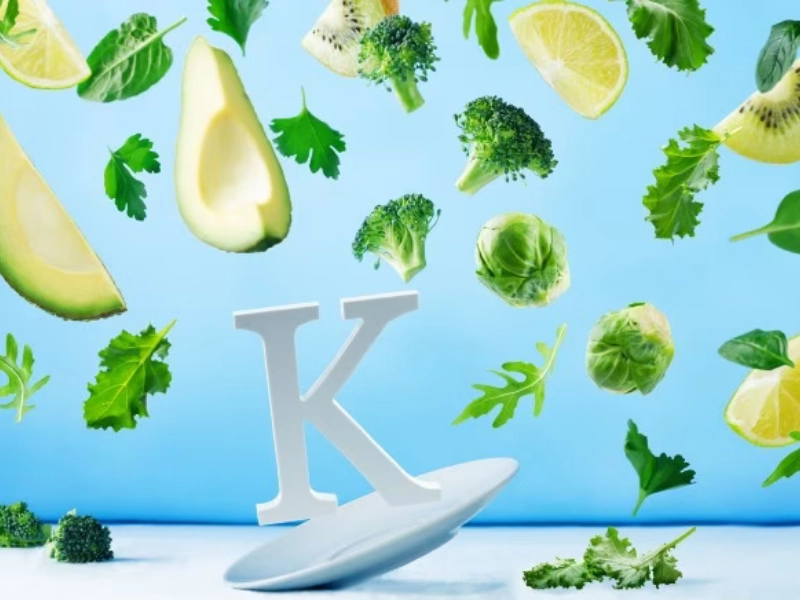 New studies point to vitamin K possibly being important for cardiovascular health as well. It helps control body calcium levels, therefore preventing the accumulation of calcium in the arteries that can cause heart problems. Making sure kids get enough vitamin K helps their heart function as they develop. Overall well-being depends on a strong cardiovascular system, which lets kids stay active and vibrant.
5. Child Vitamin K Sources
New studies point to vitamin K possibly being important for cardiovascular health as well. It helps control body calcium levels, therefore preventing the accumulation of calcium in the arteries that can cause heart problems. Making sure kids get enough vitamin K helps their heart function as they develop. Overall well-being depends on a strong cardiovascular system, which lets kids stay active and vibrant.
5. Child Vitamin K Sources
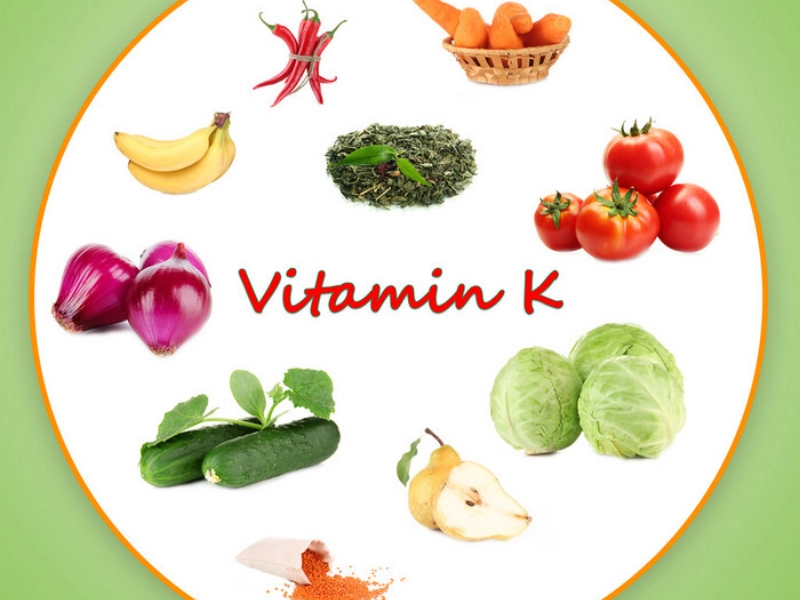 Meeting a child's dietary needs requires including foods high in vitamin K. Excellent providers of vitamin K1 are green leafy foods including broccoli, kale, and spinach. Along with some meats like chicken and beef, other foods high in vitamin K2 are fermented foods including natto, cheese, and yogurt. Parents can assist guarantee their children get the required levels of vitamin K for best development and growth by pushing a varied diet including these foods.
6. suggested daily consumption
Meeting a child's dietary needs requires including foods high in vitamin K. Excellent providers of vitamin K1 are green leafy foods including broccoli, kale, and spinach. Along with some meats like chicken and beef, other foods high in vitamin K2 are fermented foods including natto, cheese, and yogurt. Parents can assist guarantee their children get the required levels of vitamin K for best development and growth by pushing a varied diet including these foods.
6. suggested daily consumption
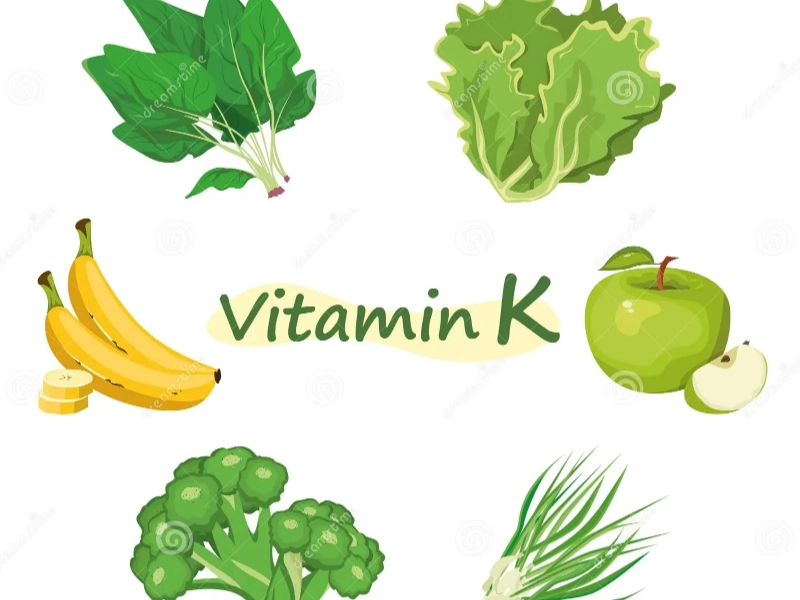 Vitamin K dose advised daily differs depending on age. Children aged 1 to 3 years require roughly 30 micrograms daily; children aged 4 to 8 years require roughly 55 micrograms. Older children have different needs. Parents should be aware of these suggestions and try to incorporate foods high in vitamin K in their children's diets to properly meet their needs.
7. Vitamin K Deficiency Signs
Vitamin K dose advised daily differs depending on age. Children aged 1 to 3 years require roughly 30 micrograms daily; children aged 4 to 8 years require roughly 55 micrograms. Older children have different needs. Parents should be aware of these suggestions and try to incorporate foods high in vitamin K in their children's diets to properly meet their needs.
7. Vitamin K Deficiency Signs
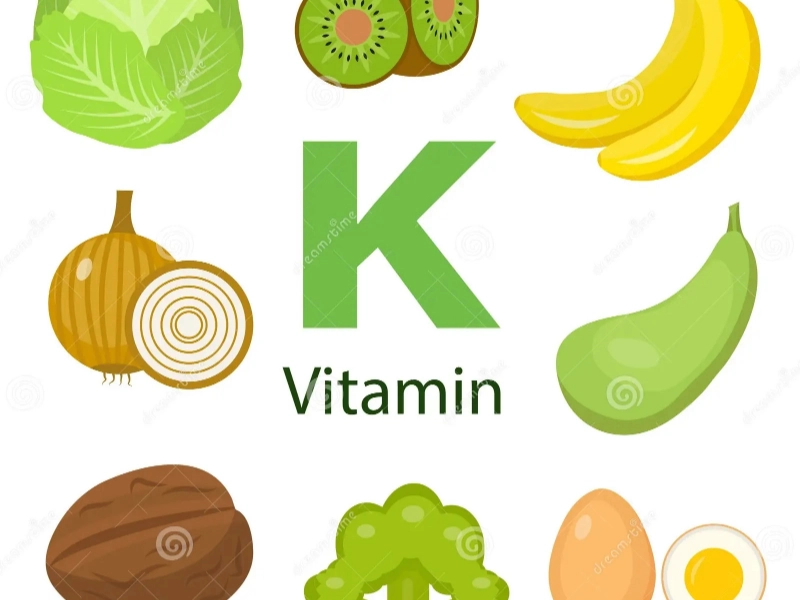 Although healthy children seldom have vitamin K shortage, if it does arise it can cause major medical problems. Deficiency could show up as easy bruising, too much bleeding from cuts, and protracted bleeding from injuries. Should parents observe any of these symptoms, they should seek advice from a medical practitioner. Maintaining a balanced diet high in vitamin K will help ward against deficiency and encourage good development.
8. Review of Vitamin K's Significance
Although healthy children seldom have vitamin K shortage, if it does arise it can cause major medical problems. Deficiency could show up as easy bruising, too much bleeding from cuts, and protracted bleeding from injuries. Should parents observe any of these symptoms, they should seek advice from a medical practitioner. Maintaining a balanced diet high in vitamin K will help ward against deficiency and encourage good development.
8. Review of Vitamin K's Significance
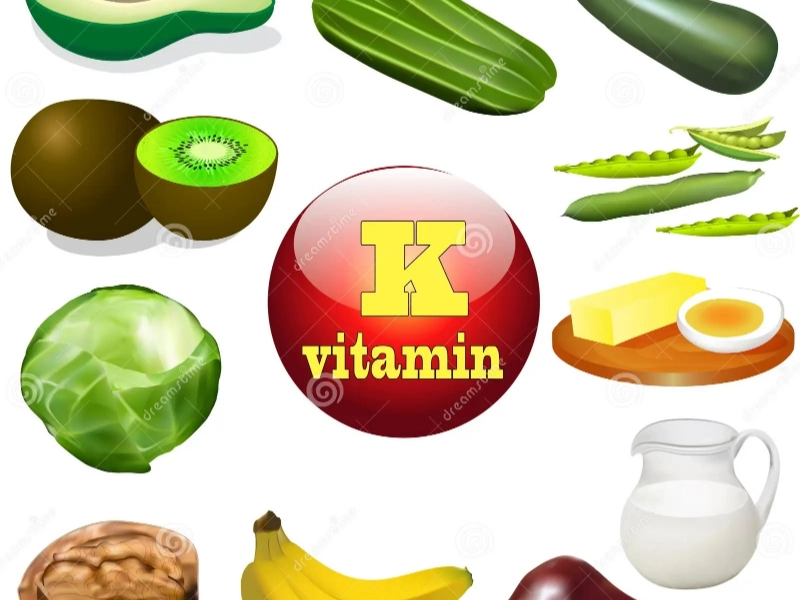 All things considered, vitamin K is a vital component supporting children's normal development and growth. Its functions in blood coagulation, cardiovascular wellbeing, and bone health make it a necessary part of a well-balanced diet. Parents can help to guarantee that their children get the nutrients required for their general well-being by offering a range of meals high in vitamin K. As children develop and flourish, stressing the value of vitamin K can result in happier, better versions of them.
All things considered, vitamin K is a vital component supporting children's normal development and growth. Its functions in blood coagulation, cardiovascular wellbeing, and bone health make it a necessary part of a well-balanced diet. Parents can help to guarantee that their children get the nutrients required for their general well-being by offering a range of meals high in vitamin K. As children develop and flourish, stressing the value of vitamin K can result in happier, better versions of them.